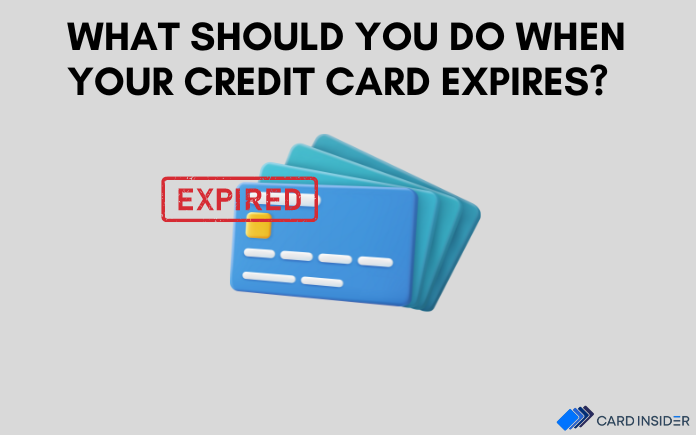How Credit Cards Work?
You gain access to a revolving line of credit when you use a credit card. You may take out loans against your credit line. Without needing to apply for a new card, pay off the debt, and borrow once more. Numerous cards have extra features like rewards point and purchase safeguards which may make them a superior choice over debit cards. However, an essential component of effectively managing your money is being aware of how credit cards work and when interest is due.
What is a credit card?
A physical credit card can be used for cash withdrawals, bill payments, and shopping. The simplest way to describe a credit card is as a kind of short-term loan. Your credit card provider assigns you a predetermined credit limit when you open an account. You can essentially use this sum of money to make purchases or pay bills, according to the credit card company. The more you change to the card, the less credit you have available. The credit card company will then receive the amount that was deducted from your credit limit.
How do credit cards work?
Credit cards can pay bills as well as make purchases offline or online. Your credit card information is transmitted to the merchant's bank when you pay with either one. The credit card network then gives the bank permission to proceed with the transaction.
The card company will then need to check your information and decide whether to approve or reject the transaction. If the payment is approved, the money is given to the shopkeeper, and the amount of the transaction is deducted from the available credit on your card.
Your card provider will send you a statement after your billing cycle that lists all of the transactions for that month, your old and new balances, the minimum payment due, and the due date. The grace period is the time frame between when you make a purchase with your card and when the balance is due, as shown on your statement. You won't be charged interest if you pay the bill in full by the deadline during this time.
However, your card issuer may assess interest if you carry a balance from month to month. The annual percentage rate (APR) on your credit card represents the annualized cost of carrying a balance. If your card has an annual fee, it will also be included in your APR along with your interest rate.
Reasons to use a credit card
Overall, having and utilizing a credit card has more benefits than drawbacks (for most people). If used responsibly, they’ll aid in credit building. Your interest rates on other loans, like home or car loans, will be reduced if you have good credit. Credit cards can also aid in budgeting, either by allowing you to track and organize your spending or by using the budgeting tools the issuer provides. Of course, credit cards frequently provide cashback or rewards. You can benefit from cards that provide high reward points in those categories if you have high spending habits, such as when dining out or booking flights.
Bottom Line:
If used responsibly, credit cards can help you build credit. You can improve and preserve your credit by paying your bills on time, keeping your balance low, and only applying for credit cards when necessary. Remember that paying your bill in full each month is the best way to avoid interest fees, establish a strong credit score, and avoid late fees.
Additional Reading: Ways To Increase The Credit Limit On HDFC Credit Cards




Comments
Post a Comment